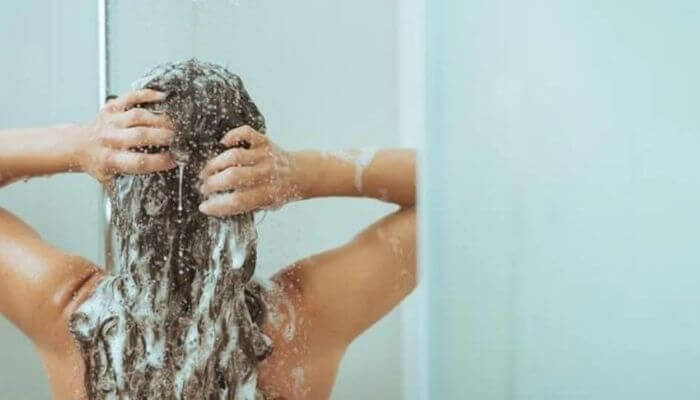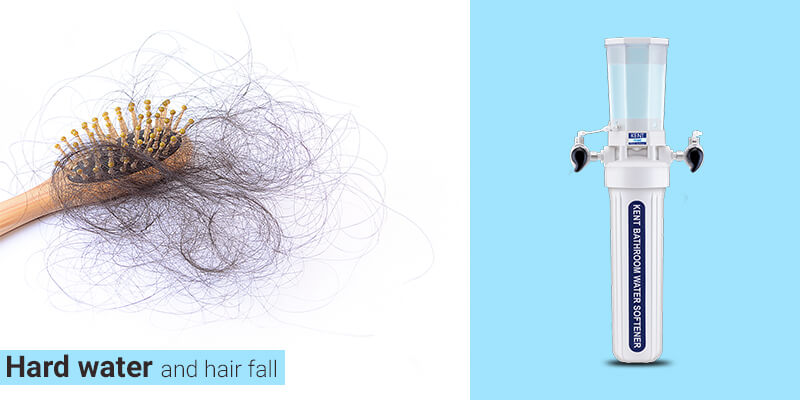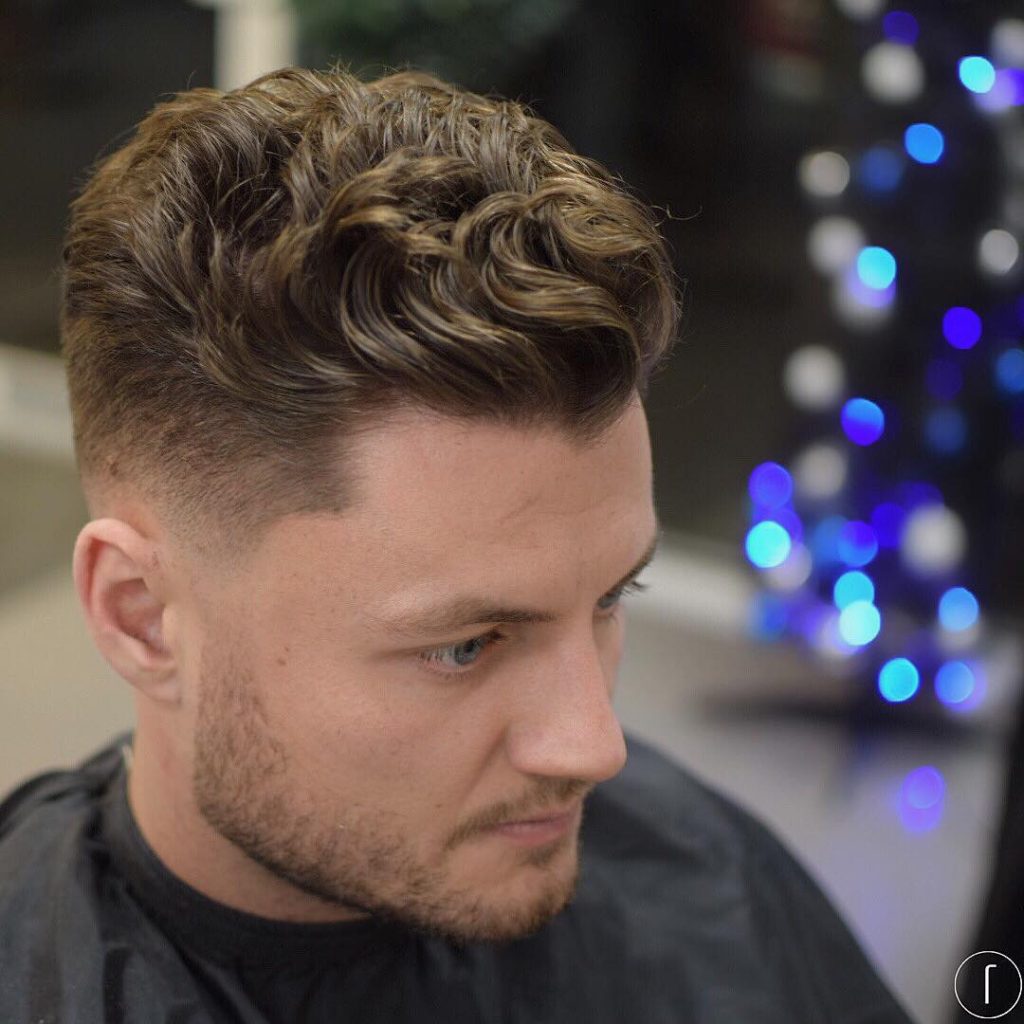Table Of Content

Even if you aren’t experiencing hair loss right now, if you know you have hard water coming from your taps, it’s a good idea to start preventing hair loss now. One potential factor many people overlook is that the tap water from their shower may contribute to hair loss. Hard water can be hard on your skin and hair, leading to several problems. Hardness of water is determined by the amount of salts (calcium carbonate [CaCO3] and magnesium sulphate [MgSO4]) present in water. The hardness of the water used for washing hair may cause fragility of hair.
Ditch the Olaplex – seven proven ways to prevent thinning hair - The Telegraph
Ditch the Olaplex – seven proven ways to prevent thinning hair.
Posted: Fri, 17 Feb 2023 08:00:00 GMT [source]
Water Quality And Hair Loss
The Best Shampoos For Hard Water in 2023 - Us Weekly
The Best Shampoos For Hard Water in 2023.
Posted: Fri, 28 Apr 2023 07:00:00 GMT [source]
While drinking water has long-term impacts on hair growth and health, the effects of the water we wash our hair with can be seen almost immediately. Hard water also makes your current hair care less effective, according to Tiffanie Richards, Master Colorist at Nunzio Saviano Salon. And for replacing a rain-style or fixed shower head, there's the Act + Acre Showerhead Filter, which was developed with a trichologist to ensure it takes good care of sensitive and easily upset scalps. It works in the same way as the Hello Klean options, employing a cartridge of layered filters that remove all the unwanted particles from your water.

10 habits for good health
The science behind hard water and hair damage lies in the minerals that are present in hard water. The minerals in hard water can also strip your hair of its natural oils, leaving it dry and prone to breakage. This can cause your hair to feel coarse and brittle, making styling more difficult. Furthermore, the minerals in hard water can cause hair colour to fade faster, making your hair look dull and lifeless. Firstly, this residue makes it difficult for moisturizing shampoos and conditioners to penetrate and properly cleanse and hydrate the hair, says Dendy Engleman, MD, a board-certified dermatologist in New York City.
Do a final rinse with filtered water

Furthermore, rinsing your hair with bottled water when travelling or visiting a location with hard water can help prevent hair damage. Misleading advertisements on increasing the strength of hair is common these days and this exploits the concern of the individual for the hair. In many places there is water shortage and ground water is used for cleansing and washing purposes. It is commonly believed that the usage hard water results in hair breakage. This study was undertaken to compare the tensile strength and elasticity of hair treated with hard water and soft water. Patients often implicate the use of hard water on hair for its brittleness and breakage and believe that soft water prevents damage.
Hard Water and Hair Breakage: How to Repair and Prevent Damage
Have you noticed the cloudy limescale that builds up on your shower and kettle? These are the tell-tale signs that you are living in a hard-water area. If your hair loss is extreme, then, the best option is to wear a hair replacement system for quick recovery. Also known as a toupee, wig, and hair patch, it’s a non-surgical solution to hair loss that carries no side effects. Attached using clips, tape, or glue, it blends easily with real hair and helps deliver a realistic look.
Head First: Life With a Hair System
While it contains some minerals, the concentration is nowhere near as high as hard water. At the end of the study, the hair from the hard water samples had decreased in thickness, in addition to having a ruffled appearance. If you’ve ever washed your hands and noticed a film on them afterward, this is the result of hard water. You may have observed changes to your hair's appearance and texture when traveling, and this is due to the different compositions of the water found across the globe. While the observable effects of certain water may vary from person to person, hard water has gained notorious recognition for its negative ramifications on hair. With a growth rate of 98%, Cosmedica is a trusted destination for individuals seeking hair restoration solutions.
How to Counter the Effects of Hard Water
It really helps to strip impurities and balance pH in the hair.” However, he advises against daily use. “Hard water metal and minerals really affect the texture of hair,” says Franco. Kim notes that metal can result in a loss of shine, leaving it flat and dull. According to the American Academy of Dermatology, it’s completely normal to shed anywhere between 50 to 100 strands of hair per day. However, if you’ve noticed more strands falling out of your head than normal, you may be experiencing alopecia, the medical term for hair loss. Common diagnoses include androgenetic alopecia, alopecia areata, telogen effluvium, and lymphocytic scarring alopecia, Agbai tells USA TODAY.
How Hard Water Affects Your Hair and Skin—and What to Do About It
The Shop TODAY editors and writers search the internet to find the best products out there. We interview expert sources and use our own personal experiences with the product and brand to make shopping easier for our readers. Purple shampoo can effectively neutralize green tones in hair, particularly after sw... If you can brave it, Labrecque recommends ending your shower or bath with cold water to seal your cuticles. Use it at least once a week and choose one “that focuses on this issue and not just removal of styling product buildup,” Elizabeth explains.
Vitamins, minerals, and hair loss: Is there a connection?
Scott encourages you to make your own health care decisions based upon your research and in partnership with a qualified health care professional. Apple cider vinegar rinses have many benefits for your hair, the main one being an effective way to reduce mineral build-up. I replace the filter every 6 months—just make sure to buy an extra few filters from the start, along with sealant tape to prevent dripping. Then, if you can, finish with a blast of cold water which will close the cuticles and give your hair a bit of extra shine. Acidic substances such as vinegar or lemon can help balance the pH levels of your scalp when used in small amounts.
However, a more recent study published in 2016 found a link between the use of hard water and weak hair. (2) Washing your hair with hard water causes excess mineral deposits on the hair, which can lead to split ends and dry, brittle hair that is prone to breakage. If you want to avoid damaged hair from hard water mineral build-up, you can try to remedy this damage with leave-in conditioners and hair masks, or consider installing a water softener in your home. Now, just imagine how that film of minerals could affect your hair and scalp. If you've lost the hard-water postcode lottery, it's likely you've noticed a wide range of issues, from hair feeling brittle and frizzy after washing to dull colour that's quick to fade. Another hard water mineral that causes hair loss in men and women.
If you are struggling with hard water in your households, you can opt to wash your hair less. Decreasing the number of times you wash your hair can help decrease your exposure to hard water. This method allows your hair and scalp to retain their natural moisture. A clarifying shampoo helps to remove mineral build-up and other impurities from your hair. "The good news is it's not going to damage your scalp," explains James.
A shower filter can also remove other impurities from your water, alongside minerals. These filters can be particularly helpful for protecting your hair during the washing process. “Frequent and continuous use of hard water in the shower leads to dryness and disruption of the normal skin barrier function,” says Massick. Mean values of tensile strength and elasticity of the 15 samples treated with hard water and distilled water are shown in Table 3. Garren recommends this lightweight conditioning rinse from his R+Co range to keep your hair shiny and smooth and your color looking bright. “Clarifying shampoos and chelating shampoos are not necessarily the same — I think it’s safe to say all chelating shampoos are clarifying shampoos, but not all clarifying shampoos are chelating shampoos,” explains George.

No comments:
Post a Comment